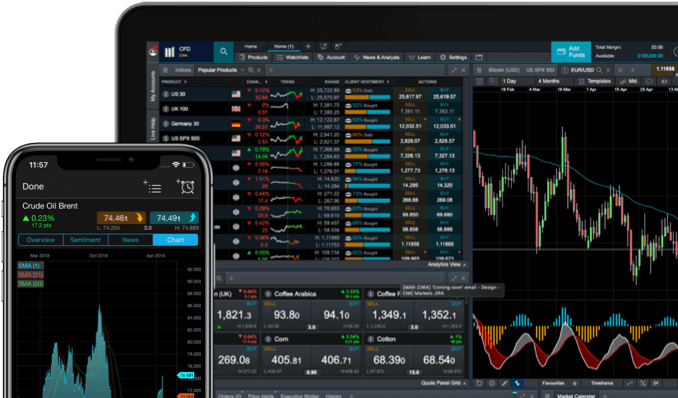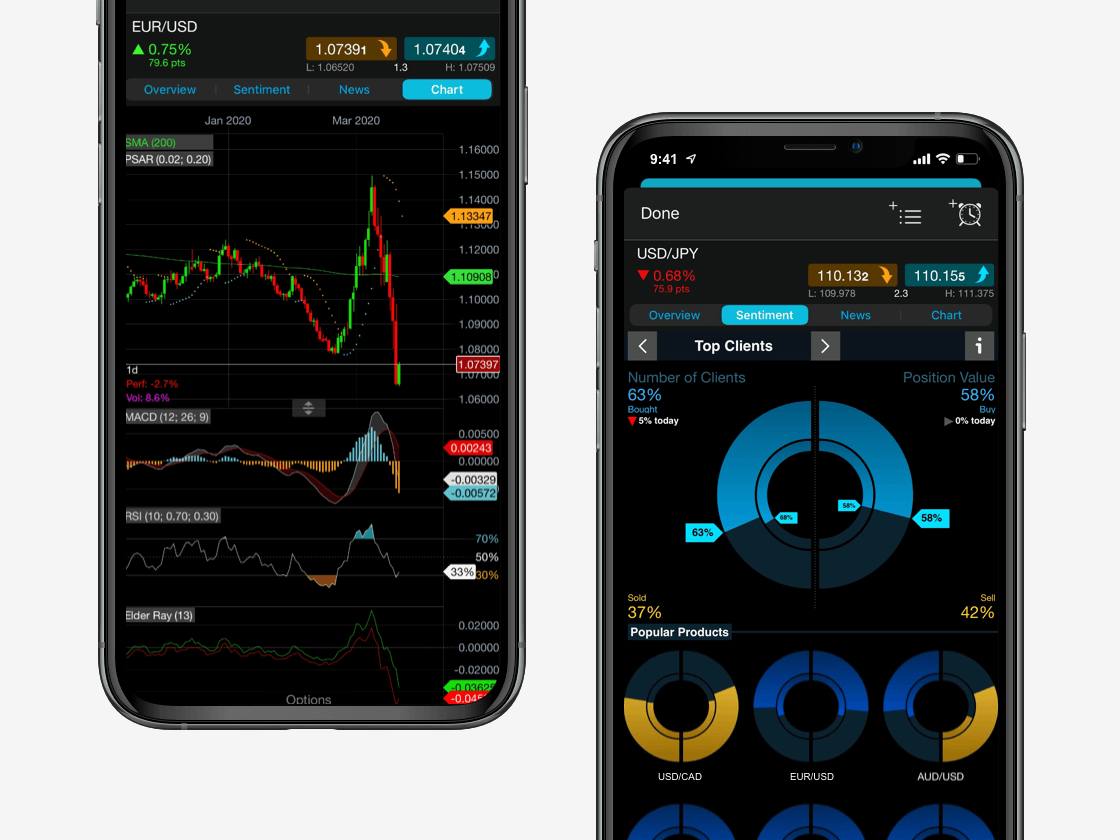A corporate action is an event carried out by a publicly traded company that subsequently has an effect on its shareholders. Bankruptcy and liquidation are examples of extreme financial corporate actions, which usually have a negative impact on shareholders. Dividends, stock splits, acquisitions, mergers, stock buy backs and re-branding are all common examples of corporate actions.
Corporate actions are usually approved by the company's board of directors, although some require the response of the shareholders or they may be permitted to vote.

















